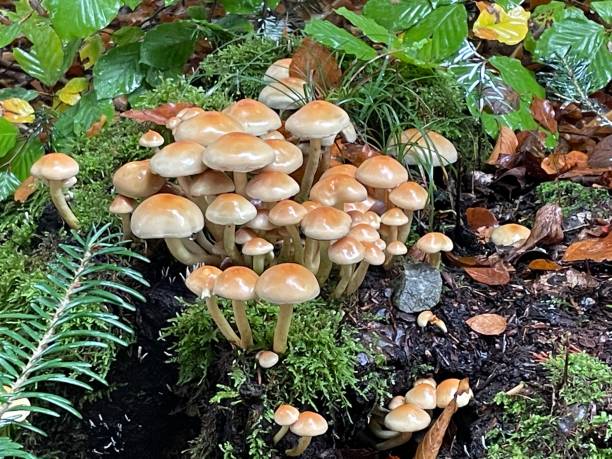Connecting with Nature: The Environmental Impact of Psilocybin Production
In recent years, psilocybin, the psychoactive compound found in magic mushrooms, has gained significant attention for its potential therapeutic benefits. However, as interest in psilocybin grows, it is essential to consider its environmental impact. This blog explores how psilocybin production can connect us with nature while promoting sustainable practices and protecting our planet.
Understanding Psilocybin Production
Psilocybin is a naturally occurring compound found in various mushroom species. Traditionally, these mushrooms have been harvested from the wild, but as demand for psilocybin products increases, cultivation practices have emerged. Understanding the production methods is vital for assessing their environmental impact.
Cultivation Techniques
The cultivation of psilocybin mushrooms can take several forms, including:- Indoor Cultivation: This method allows for controlled environments, reducing the risk of contamination and increasing yield. However, it often requires significant energy resources for lighting and climate control.
- Outdoor Cultivation: Growing psilocybin mushrooms outdoors can harness natural sunlight and rainwater, leading to lower energy consumption. However, outdoor cultivation can raise concerns about land use and potential impacts on local ecosystems.
Sustainable Practices in Psilocybin Production
With the growing awareness of environmental issues, many psilocybin producers are adopting sustainable practices that align with ecological conservation. Here are some key practices:- Organic Farming: Utilizing organic farming methods, such as avoiding synthetic pesticides and fertilizers, not only enhances the quality of the mushrooms but also supports soil health and biodiversity.
- Permaculture: This sustainable farming approach mimics natural ecosystems, promoting harmony between plants, animals, and the environment. Implementing permaculture principles in psilocybin cultivation can lead to enhanced ecological health and reduced environmental impact.
- Waste Reduction: Innovative producers are finding ways to minimize waste by repurposing by-products from psilocybin production. For instance, spent mushroom substrate can be used as a nutrient-rich compost, benefiting soil health and reducing landfill waste.
The Role of Psilocybin in Environmental Awareness
The growing interest in psilocybin not only highlights its therapeutic benefits but also encourages a deeper connection to nature. Engaging with psilocybin can foster environmental awareness and stewardship in several ways:
Enhanced Appreciation for Nature
Many users report that psilocybin experiences lead to a profound sense of connection to the natural world. This enhanced appreciation can inspire individuals to adopt more environmentally friendly practices in their daily lives.Mindfulness and Sustainability
The introspective nature of psilocybin experiences often promotes mindfulness, encouraging users to reflect on their relationship with nature. This heightened awareness can drive sustainable choices, such as reducing waste, conserving resources, and supporting eco-friendly products.Advocacy for Environmental Conservation
As more people experience the benefits of psilocybin, there is potential for increased advocacy for environmental conservation efforts. Users may feel compelled to support organizations that protect natural habitats, combat climate change, and promote biodiversity.
Conclusion
Connecting with nature is essential for our well-being and the health of our planet. As the psilocybin industry continues to grow, it is crucial to focus on sustainable production practices that minimize environmental impact. By embracing organic farming, permaculture, and waste reduction, psilocybin producers can contribute to a healthier planet while fostering a deeper appreciation for the natural world.
As we explore the therapeutic potential of psilocybin, let us also remember our responsibility to protect the environment. By promoting sustainable practices, we can ensure that the benefits of psilocybin extend beyond personal wellness, contributing to the well-being of our planet for generations to come.

